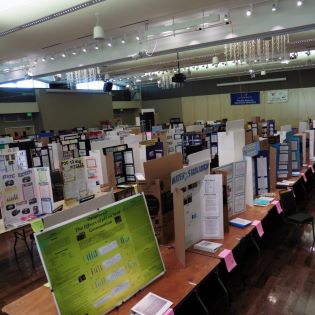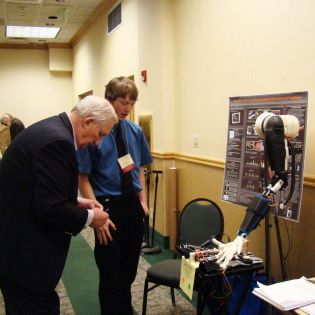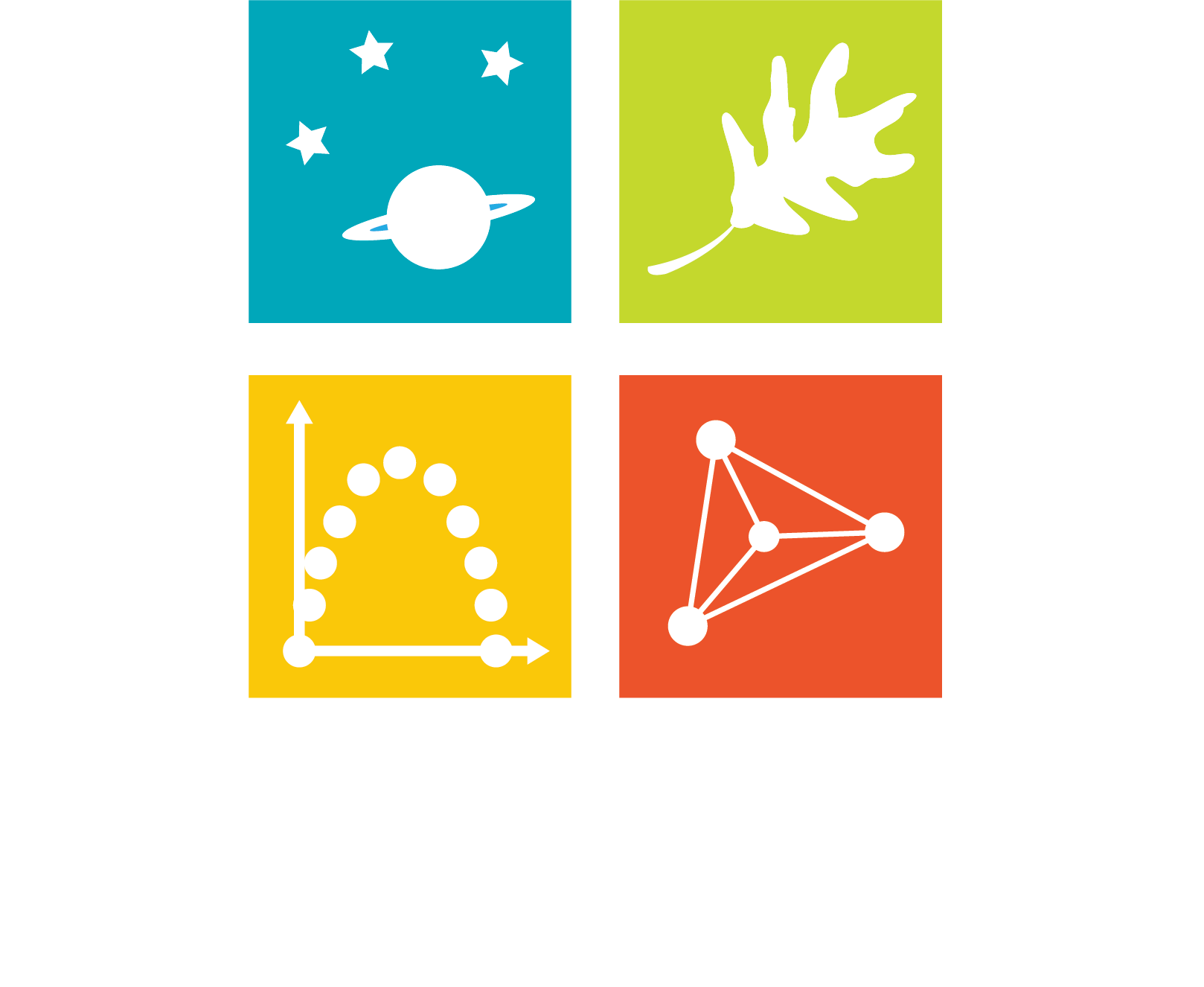At no time since the Sputnik era has pre-college student research competitions (science fairs) been more important. By encouraging students to complete an experimental scientific research project, we are not only starting early on training our next generation of scientists, engineers and mathematicians, but also creating a scientific literate population. Colorado has an extensive network of local and regional fairs that feed into a state-level fair hosted here at CSU and directed by Courtney Gooding Butler. The Colorado Science and Engineering Fair feeds into the Regeneron International Science and Engineering Fair for high school students and the Thermo Fisher Scientific Junior Innovators Challenge for middle school students.
Experimental research projects are the ideal science and math education activity. Students work individually or within small groups to develop a research question, design an experiment, collect and interpret data, and then communicate their conclusions both verbally and in writing while using multiple visual and tactile props.
Students who compete in science fair competitions will interact with teachers, mentors, family members, and judges. Cash awards and scholarships are available for top students which helps encourage their continued participation in STEM fields.
The NSEOC is interested in increasing the number of middle and high school students conducting experimental research project across the state. One way to do that is to encourage schools to integrate research projects into the curriculum rather than just supporting the self-motivated students after school.
Curriculum integration would help level the playing field for students with diverse or rural backgrounds. Wide adoption, however, requires an easy and low-cost way to let busy teachers oversee dozens of student projects. The NSEOC is currently developing such support materials based on the work pioneered by Dr. Stephen Thompson on Small-Scale Science as well as classroom management strategies used by master teachers from around Colorado.
CSU Faculty and Graduate Students:
- Mentoring – CSU faculty and graduate students are encouraged to mentor middle or high school students with their research projects. This can range from answering questions about their experimental design or providing background information to giving them space in your lab.
- Judging at the CSEF – As CSU is the host for the annual Colorado Science Fair, we rely heavily on faculty and staff to be Grand Award Judges, interviewing students and awarding place awards. Sign up today!
- Volunteering at Regional Science Fairs – There are 13 Regional Science Fairs held around the state each spring and they are always in need of judges and volunteers. Contact the Regional Fair Director for more information.
- Lab Tours/Presentations – With the CSEF being held on the CSU Fort Collins campus, this is a great opportunity for faculty to invite the top young scientists from around that state into their labs or to give a presentation about their research on Friday of the CSEF. Contact the CSEF to get on the schedule.
CSU Undergraduates:
- Volunteering at CSEF – With the CSEF being held on the CSU Fort Collins campus, this is a great opportunity for undergraduate students to be involved with volunteer jobs such as Display & Safety Inspectors, Official Photographers, Tour Guides, etc. Sign up to help today!
Middle & High School Students and Teachers:
- Science Fair Help Sessions (see Events page for upcoming events) – The NSEOC hosts various help sessions for teachers and students throughout the school year.
- 4-H to Science Fair Project – Learn how to turn a typical 4-H project into a science fair project that would be eligible to compete in a regional science fair.
- Data Analysis Projects – When it isn’t practical or safe for a student to collect their own data through experimentation, it is perfectly legal for them to use pre-existing data (with permission proper credit given) to answer a scientific question.
For more information, contact Courtney Gooding Butler.
Another, more ambitious step is to introduce some student investigations that more closely approximate sound science. Such investigations should become more ambitious and more sophisticated. Before graduating from high school, students working individually or in teams should design and carry out at least one major investigation. They should frame the question, design the approach, estimate the time and costs involved, calibrate the instruments, conduct trial runs, write a report, and finally, respond to criticism.
Such investigations, whether individual or group, might take weeks or months to conduct. They might happen in and out of school time and be broken up by periods when, for technical reasons, work cannot go forward. But the total time invested will probably be no more than the sum of all those weekly one-period labs that contribute little to student understanding of scientific inquiry.
– Benchmarks for Science Literacy



